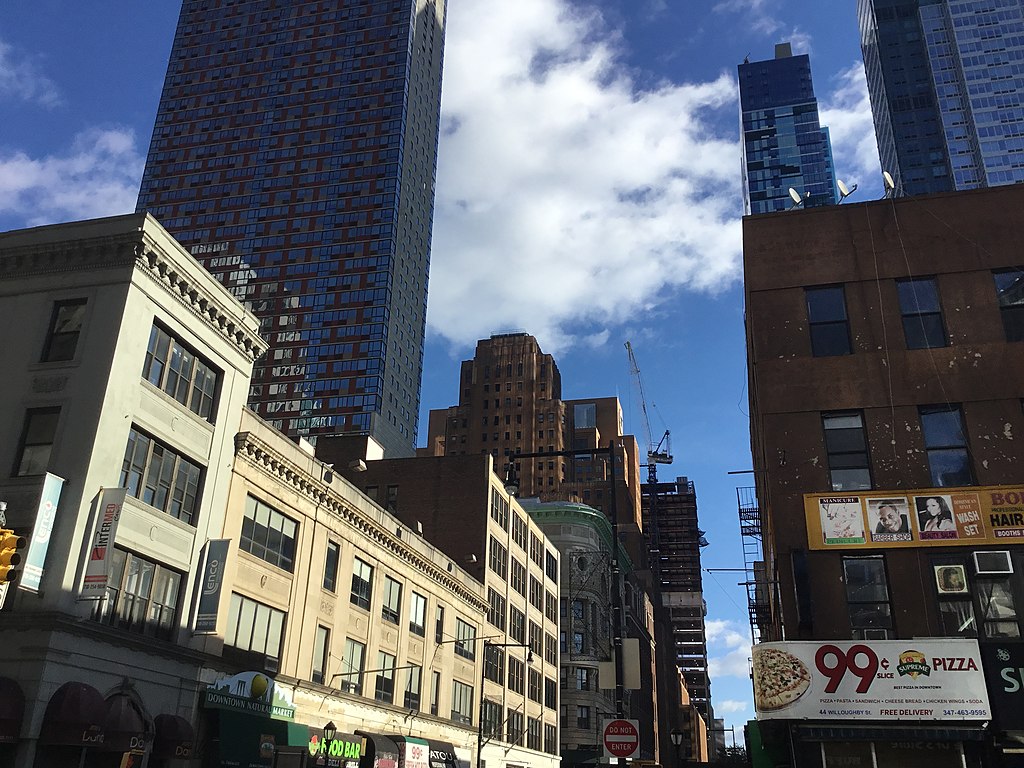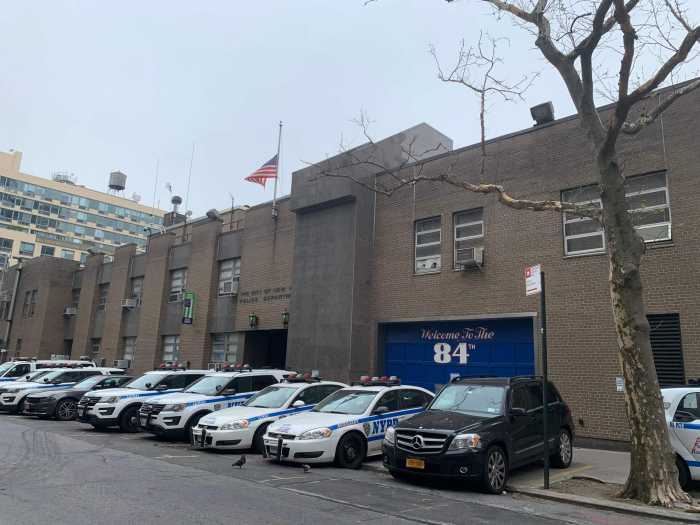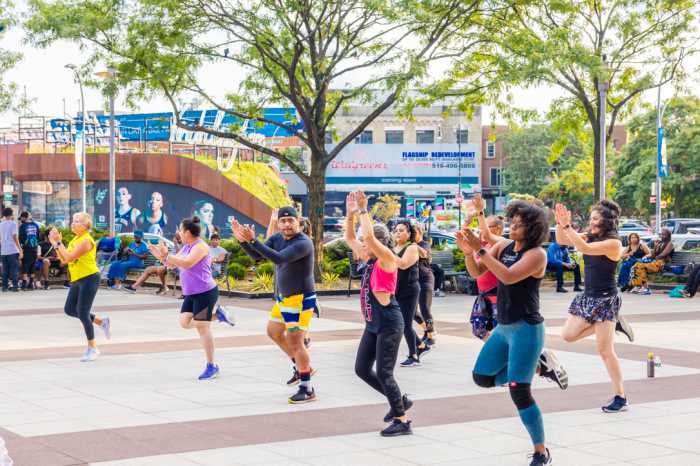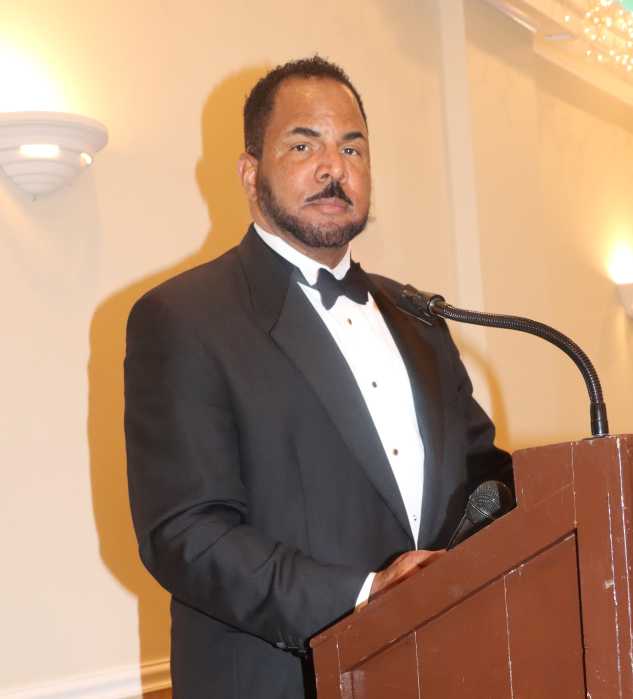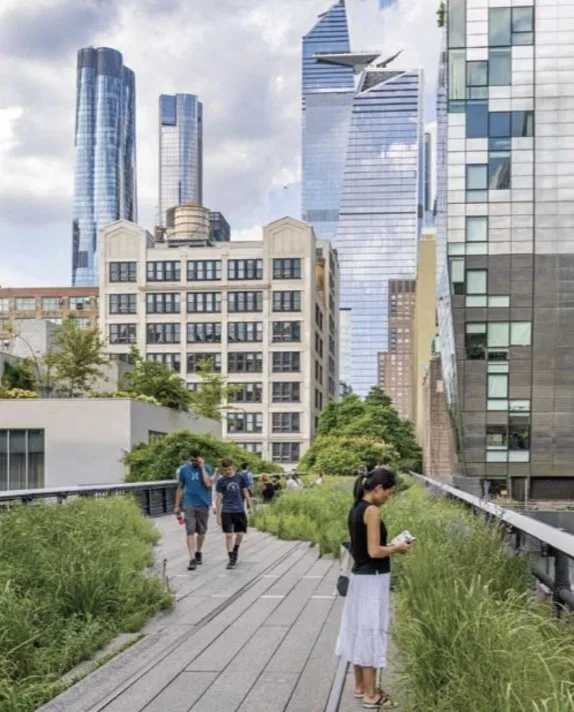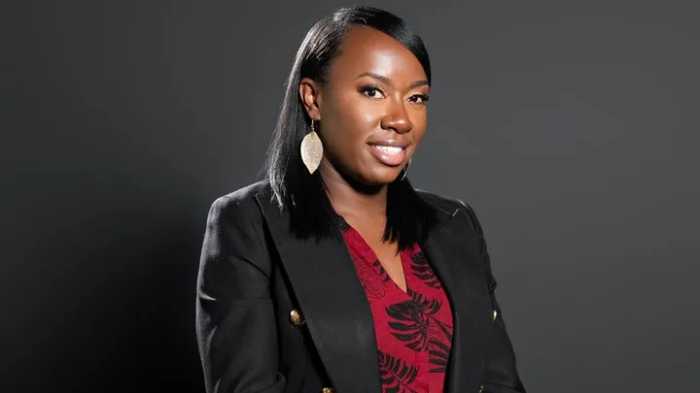Mixed-use neighborhoods are the lifeblood of New York City. These enclaves — where people live, work, learn and play — contribute significantly to the city’s economy by supporting thousands of jobs, housing units, and businesses.
By evolving from a civic center to a true mixed-use neighborhood, Downtown Brooklyn has seen success as an economic engine, and the area continues to see steady growth in population and jobs because of this mixed-use composition. Between 2010 and 2022, the population has increased 85 percent, adding nearly 30,000 new residents, and over 28,000 jobs were added during the same period, a 51 percent increase.
For Downtown Brooklyn to continue to thrive, we need to make sure that we are supporting businesses of all kinds amid a growing population and an ever-changing economy. Currently, small businesses, entrepreneurs and newer, rapidly growing industries must navigate confusing and outdated regulations that restrict and confound their ability to operate.
This is because businesses are faced with a slate of zoning rules that were crafted over six decades ago. This defies logic – New York City looks nothing like it did in 1961, and the industries that supported the economy then have changed dramatically. These complex and antiquated rules create unnecessary hurdles for those trying to open, grow and evolve in New York City.
Fortunately, the Adams administration recognizes this is a major impediment to growth and has proposed a plan to fix it. It’s now up to the City Council to pass “City of Yes for Economic Opportunity” and modernize the city’s zoning for a 21st century economy.
This much-needed reform will not only ensure our commercial corridors are flexible enough to adapt to the changing preferences and lifestyles of consumers, but it will also support growth across businesses large and small, delivering multiple benefits to the city’s economy.
In Downtown Brooklyn, we know firsthand how welcome these changes would be. Despite our success forging a vibrant neighborhood, the stringent zoning rules in place today severely limit what types of businesses can operate where — with little reason as to why.
Current zoning only permits “traditional” retail stores to activate space along our main shopping corridors and prevents commercial uses above the ground floors of residential buildings. City of Yes would remove this barrier and Fulton Street, the heart of our downtown, would benefit considerably.
For example, City of Yes would allow eateries and breweries to operate in spaces previously unavailable for such uses, thereby reducing storefront vacancies and bringing in new offerings for our burgeoning community to enjoy.
It would also boost the area’s nightlife and recreation. Downtown Brooklyn is already home to several cultural institutions and the recent reopening of Brooklyn Paramount, one of the city’s most historic performance venues, solidifies the neighborhood as a home for entertainment. But the zoning in place today is an obstacle to further growth of the entertainment industry.
City of Yes would allow more nightlife establishments and family-friendly entertainment, such as escape rooms, live comedy, and experiential entertainment, to operate along our main corridors. Supporting uses like these would create new jobs, bring in more foot traffic on nights and weekends and direct more revenue to neighboring businesses.
It is also crucial that we bolster our economy with more diverse industries, especially as the demand for clothing and home goods continues to shift online and the post-pandemic office market continues to lag. City of Yes would modernize regulations for fast-growth sectors, such as life sciences and film production. These uses complement Downtown Brooklyn’s existing network of innovative tenants and institutions, and would ensure that the borough continues to attract top talent.
Of course, this all goes hand-in-hand with making sure Downtown Brooklyn and the city as a whole can support the families that run and sustain these businesses. Childcare is an essential part of any growing community, and the city does not currently have enough childcare seats to meet demand — in part due to current zoning which restricts where centers can be located. City of Yes would simplify these regulations, making it easier for more centers to open and giving hardworking families peace of mind.
Our economy relies on mixed-use neighborhoods and the businesses within them to propel it forward, and for far too long, New York City has been saddled with outdated zoning laws. We finally have the framework to overhaul this – now is the time to make “City of Yes for Economic Opportunity” a reality.


